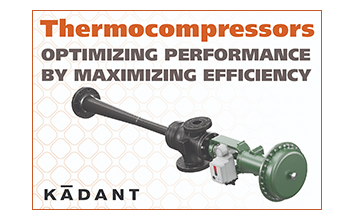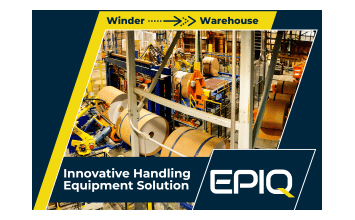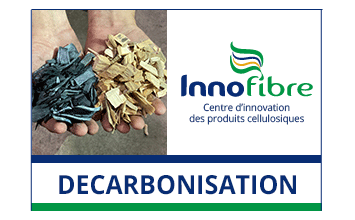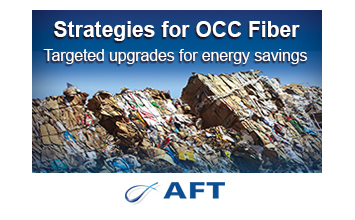Using ball valves for flow control allows a delayed-coker unit to continuously run at full capacity, making them the ideal control valve for these high solid applications.
In a delayed-coker unit, ball valves are proven to be more reliable than globe and eccentric plug valves.
Demands of delayed coking
Delayed coking units are a semi-continuous process used to create additional liquid and gas product from petroleum residue. The residue entering the delayed coking process has a high percentage of solids that can accumluate and restrict flow through strainers and valves. The process involves heating petroleum residue to the thermal cracking temperature in a furnace. Control valves are used to regulate the flow into the furnace.
As the following customer example has proven, switching to Neles™ ball valves can allow a refinery to run at full capacity, gaining an additional daily output exceeding $15,000 in value. Could you believe that the return on investment for converting to ball valves can be less than two weeks of production.
Finding the right valve design
At one particular refinery eccentric plug valves were installed to control the oil/coke fines going into the furnace. Plug valves have shafts that extend into the flow stream causing solids in the media to build-up and restrict flow. The restricted flow through these valves gradually reduced output until the build-up was so severe it caused an unexpected trip in a furnace cell, nearly shutting down the entire coker unit.
In an attempt to resolve the problem the refinery replaced the eccentric plug valves with globe valves with flow paths and trims with a similar tendancy to accumulate solids, restricting flow. The refinery then installed reduced bore ball valves, resolving the plugging problem. However, there were control accuracy issues from backlash in the ball and stem connection.
The refinery ultimately turned to Valmet representatives to discuss possible options. The challenge was to find a control valve that would prevent the accumulation of coke fines, have consistant control, and provide maximum througpout.
Unobstructed flows with Valmet solutions
To overcome the challenges, Valmet’s solution was to install Neles™ D-series trunnion ball valves. These valves already had more than 40 years of proven success in challenging control applications. The D series ball valves have no obstructions in the flow path that can accumulate media and obstruct flow.
The selected valves have a one-piece stem ball design that has zero backlash. This allows for tighter, more accurate control in smaller steps. Designed to handle coke fines with self-cleaning trim, they have proven to be the best choice for this particular case and example. The Neles D-series valve’s solids proof seat prevents the accumulation of solids behind the seat.
They are now proven to deliver reliable, long-term control performance in the demanding delayed coker applications at the refinery in question. Valmet warmly recommends these ball valves to all refineries wrestling with similar challenges with reliability issues resulting from solids build up.
About the Author
Michael Bouckaert
Product Manager • FC P&S Product Lines
VEQ Ball Valves
Valmet
Source: Valmet













